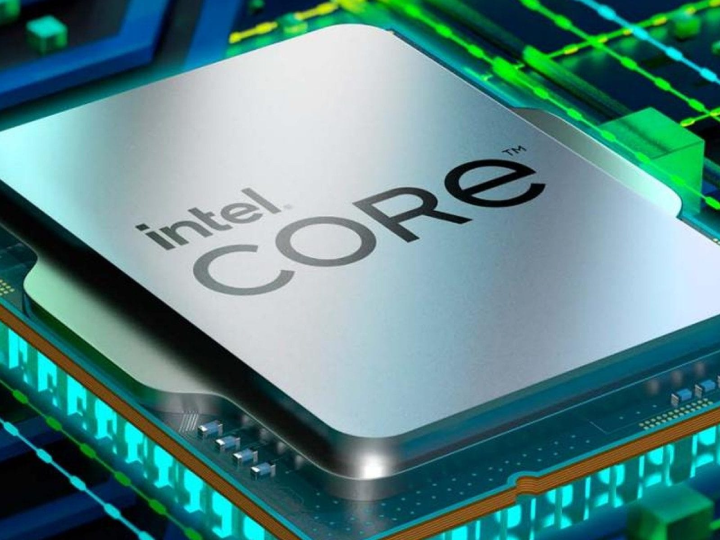
U.S. chipmaker Intel declared its plans on March 15 to invest up to $88 billion all over Europe as part of an ambitious expansion which is aimed at balancing out the shortcomings in the global semiconductor industry that have led to big chip shortages. CEO Pat Gelsinger said Intel will invest the money "along the entire semiconductor value chain" over the next decade. The company plans to spend tens of billions of euros to set up or expand chip production facilities in Germany, Ireland, France and Italy, as well as set up research and development or design centers. "Why are we doing this? Because the world has an insatiable need for semiconductors or chips," Gelsinger said in a webcast.
Intel said it was bringing its state-of-the-art technology to Europe to meet demand for a "more balanced and resilient" semiconductor supply chain. EU leaders last month announced a $47 billion "chip bill" to help the continent become a major semiconductor producer and curb its reliance on Asian markets for tiny components that power everything from cars to smart devices. The electronic brain of everything from mobile phones to game consoles.

Demand for chips has surged as the global economy recovers from the COVID-19 pandemic, but supply has failed to keep up due to shortages. European Commission President Ursula von der Leyen welcomed the announcement, calling it the first major achievement for EU chip law. "I believe this will pave the way for more companies to follow suit," said Von der Leyen, who wants the EU to double its share of global chip production to 20 percent by 2030.
Santa Clara, California-based Intel's first phase of its investment plan includes 17 billion euros to build a state-of-the-art semiconductor factory "megasite" in Magdeburg, Germany, to bolster its European manufacturing capabilities. The site will include two semiconductor factories, or fabs, that will manufacture chips using Intel's state-of-the-art technology. If approved by the European Commission, it should break ground next year and come online by 2027, creating 3,000 high-tech jobs. The plan also includes an investment of 12 billion euros to expand Intel's existing factory in Lexlip, Ireland, doubling its manufacturing space and expanding a new foundry services business to develop chips used by other companies. This brings the company's total investment in Ireland to over 30 billion euros.

Intel said it was also in talks with Italy to "build a state-of-the-art back-end manufacturing facility" that would involve potential investments of up to 4.5 billion euros and create thousands of direct and indirect jobs. There are also plans to build an R&D center and foundry design center in France, expand laboratory space in Poland, and build a state-of-the-art computer lab in Spain in collaboration with local researchers.
Moreover, Intel, the world's second-largest semiconductor maker, is also expanding in the U.S., with a $20 billion factory in Ohio.



